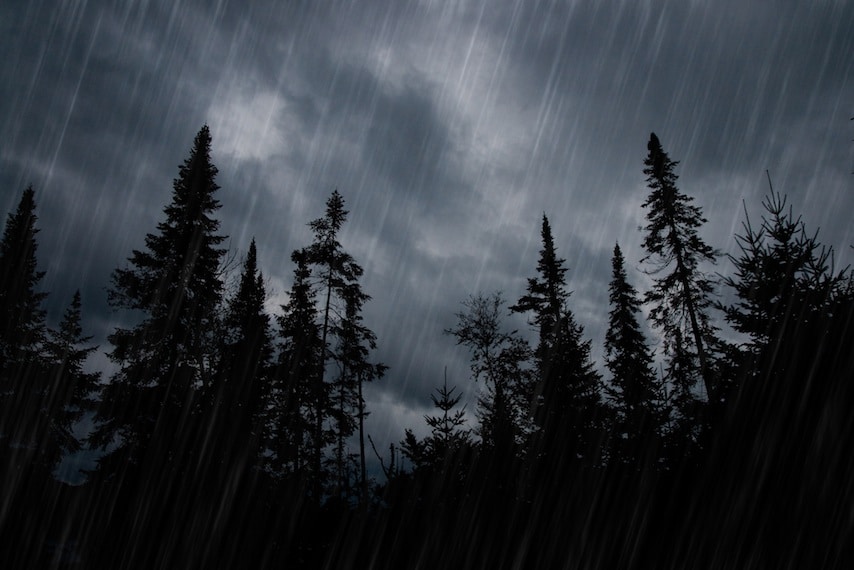In the 1997 film “The Edge,” starring Anthony Hopkins and Alec Baldwin, the pair find themselves lost in the Alaskan wilderness following a plane crash.
The Hopkins character tells the other man that most people who become lost in the wild die of shame. “They say, ‘What did I do wrong? How could I have gotten myself into this? And so they sit there and they die. Because they didn’t do the one thing that would save their lives — thinking.”
Great movie, with the protagonists stalked by a Kodiak bear, but the question it raises is this: It’s easy to feel lost, but have you ever really been lost?
Sitting in with a group of wilderness instructors, you’ll sometimes hear personal stories of temporarily losing their way on the trail, and many of our students tell stories of “getting lost” while leading their peers.
One definition of truly being lost means “having to be found by others.” But if you find your way back to your group or destination on your own, maybe you were just “feeling lost” and then your wilderness skills kicked in to get you back safely.
However you define it, we all need to refresh our knowledge of knowing our way around the backcountry.
When Feeling Lost and Alone
Below are some tips on what to do if you find yourself lost and alone, offered by the veteran field instructors here at The National Center for Outdoor Adventure Education (NCOAE).
- Remain calm: Your brain is your most important resource when you lose your way in wilderness. It’s important to not stress to the point of failure. Take a second to think before you act. First, take stock of your resources, including food, water, shelter and communication devices (a whistle, cell phone, satellite phone), Then use these resources sparingly.
- Look for landmarks: Consider retracing your steps — but only if you know you can retrace them with certainty. Consult your map. This assumes, of course, that you know how to orient a map and use a compass.
- Stay put: If you stay in one place you are easier to find, Hikers who are truly lost tend to get more lost when they keep moving.
- Stay together: You’ve seen those horror films. The last thing you want to hear is someone saying, “Let’s split up.”
- Make noise: Sing songs. Sing out of tune and sing loud. This might be heard by rescuers or others nearby, but it also lifts the spirits of your fellow hikers. Bang pots and pans together, or water bottles. Use that whistle you brought with you. You did bring a whistle, right?
- Make yourself visible: Walk in the open whenever possible. This can be tricky if you’re trying to stay safe from rain, snow or searing heat. Use shiny objects to reflect light. These can include a mirror, watch face or even eyewear. Hang brightly colored objects on branches, making sure you’re not leaving behind gear you’ll need later.
- Conserve energy: Stay warm by using clothes, sunlight and at night, the body heat of others. Stay hydrated and eat small portions of snacks.
- Get found: If you are with a group and you get separated, they are definitely looking for you. Always let people know where you are going and the route you will be taking.
The best way to stay safe is by practicing prevention and by continuing your wilderness education. If you or your group is feeling lost, stop and reflect. Rely on your group’s strengths, put egos aside, and ask for help. Slowing down, communicating and thinking through the situation provide the setting for getting back on track.
– – – – – – – – – –
About the Author: Stephen Mullaney is the staff development director at The National Center for Outdoor & Adventure Education (NCOAE) in Wilmington, N.C., where he is responsible for the training and education of NCOAE’s field instructors. He is a member of the North Carolina Association of Educators (NCAE) and has taught within the Durham, N.C., public school system. Stephen received his undergraduate degree in English from Framingham State University, and an independent, alternative Masters in Education.
TALK TO US
Have any further questions about our courses, what you’ll learn, or what else to expect? Contact us, we’re here to help!

Leave a comment